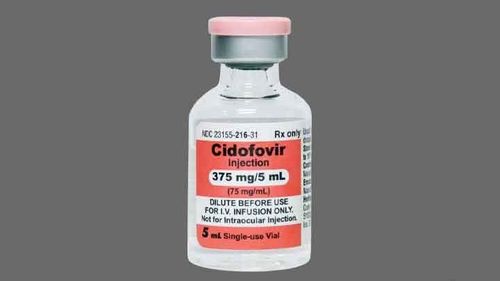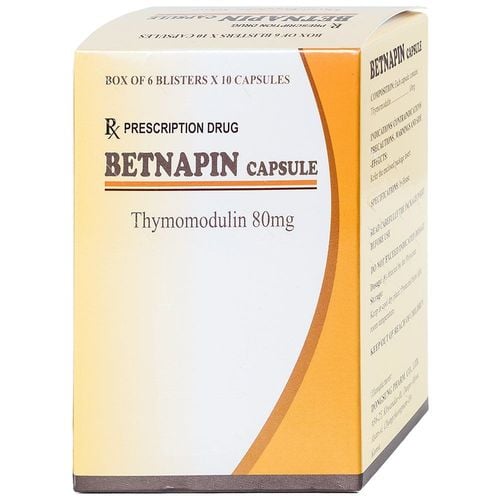This is an automatically translated article.
Cytomegalovirus (CMV) is a common virus that causes infections such as chickenpox, shingles, etc. Cytomegalovirus can be easily transmitted through contact with fluids of an infected person. People infected with cytomegalo virus often have no symptoms, so people at high risk of infection need to actively go to the doctor and get tested for CMV for diagnosis and prompt treatment.1. What is a CMV test?
The CMV test is a test that checks for the existence of cytomegalovirus in the human body, specifically in the blood. Most people infected with CMV are pregnant women, immunocompromised people. There are very few cases of young or healthy people infected with CMV.
Đa số những người nhiễm CMV đều là phụ nữ có thai, người bị suy giảm miễn dịch
2. When to get tested for CMV?
2.1. CMV testing with suspected patients Patients with suspected CMV infection are usually young children and pregnant women. When the body's immune system is weakened, cytomegaloviruses have the right conditions to reactivate, causing infections and many dangerous complications.CMV test by automated immunoassay, PCR method. If there are symptoms of CMV infection, the patient needs to go to the hospital for a CMV test to determine if he really has the disease.
Patients with immunocompromised symptoms such as influenza or mononucleosis, identifying signs include:
Weakness, fatigue; Headache; Fever; Swollen lymph nodes; Muscle aches; Sore throat; Pneumonia, hepatitis... 2.2. CMV testing for pregnant women Pregnant women infected with CMV or already have CMV in their bodies and are in the active stage can cause congenital CMV infection in their babies. Children with congenital CMV infection can have hearing loss, mental retardation, cerebral palsy, hydrocephalus, and even death. Therefore, testing for CMV is essential for pregnant women.
If CMV virus is detected in the first 3 months of pregnancy, the doctor may order amniocentesis to test whether the fetus has the virus, from which there are timely treatment options.
2.3. Newborn testing If congenital CMV infection is suspected, the baby should be tested for CMV within the first 3 weeks after birth. Testing should be done as soon as possible to determine if the baby contracted the virus in the womb or from the outside environment.
3. Treatment of CMV . virus infection

Hiện chưa có thuốc điều trị đặc hiệu cho người nhiễm CMV
Ganciclovir intravenously; Cidofovir intravenously ; Foscanet intravenously; Valaciclovir oral; Oral acyclovir. The virus can stay in the human body for a lifetime, the risk of recurrence can occur at any time. Therefore, it is necessary to proactively protect health and strengthen resistance to prevent the risk of CMV recurrence.
Please dial HOTLINE for more information or register for an appointment HERE. Download MyVinmec app to make appointments faster and to manage your bookings easily.













